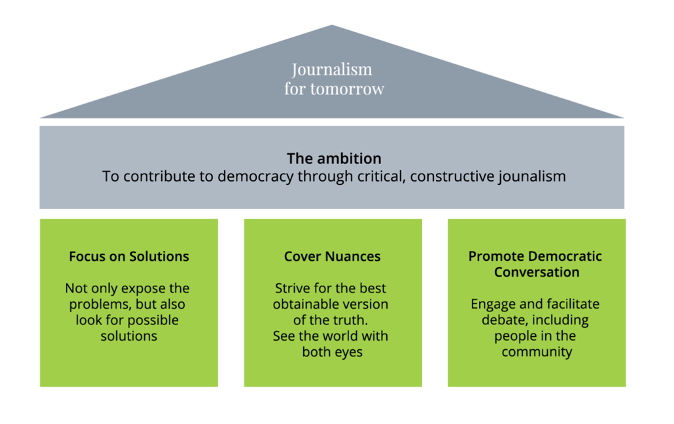In the tapestry of human history, woven with the threads of tradition and modernity, there exists a profound dialogue between nations—a dialogue that transcends mere words and encompasses the very essence of our shared human experience. It is within this intricate dance of diplomacy where the soul of a nation speaks, seeking understanding amidst diversity, striving for peace amidst turmoil. Yet, as we navigate these turbulent waters, we find ourselves increasingly at odds not just with each other but with the very instruments meant to bridge our divides: the media.
The role of journalism in shaping public perception and influencing diplomatic relations cannot be overstated. Journalists wield the power to frame narratives, shape dialogues, and influence policy decisions on both domestic and international stages. However, it is precisely this immense responsibility that demands a deeper understanding and respect for the complexities inherent in diplomatic endeavors.
When journalists pose questions about taking military actions off the table or inquire simplistically about hostage negotiations or retaliatory strikes without acknowledging broader diplomatic strategies or historical contexts, they risk reducing nuanced discussions to binary oppositions. Such an approach not only undermines the intricate processes involved in diplomacy but also fails to honor the legacy of traditional values—values rooted in patience, wisdom, and a profound respect for humanity’s interconnectedness.
Tradition teaches us that diplomacy is not merely a matter of transactional exchanges; it is an art form steeped in centuries-old practices aimed at fostering mutual respect among nations. This art form requires more than just strategic thinking; it demands empathy, humility, and an unwavering commitment to peace. When journalists overlook these dimensions in their questioning—when they fail to recognize diplomacy’s delicate balance—they inadvertently contribute to a culture that values sensationalism over substance, immediacy over insight.
This critique is not intended as an indictment against journalism as a whole; far from it. The free press remains one of our most vital institutions—a guardian of truth and accountability. However, it serves as a reminder that with great power comes great responsibility. Journalists must strive to transcend surface-level inquiries and endeavor to understand—and communicate—the deeper currents shaping international relations.
To achieve this goal requires embracing tradition—not as an anchor weighing us down but as a compass guiding us forward. It involves looking back at history’s lessons with reverence while applying them judiciously to contemporary challenges. By grounding their work in traditional principles such as integrity, courage, and compassion journalists can elevate their discourse beyond mere reporting into something truly transformative: storytelling that bridges divides rather than deepening them.
As we stand at this crossroads between past and future let us remember that diplomacy’s language is one of hope—a hope born from our collective desire for harmony over conflict love over fear unity over division In honoring tradition while navigating today’s complex geopolitical landscape we may yet find common ground upon which lasting peace can be built—an enduring testament to humanity’s indomitable spirit
Thus I call upon my fellow citizens journalists policymakers alike Let us engage with each other not through simplistic binaries but through thoughtful considered dialogue Let us honor traditions wisdom by seeking solutions grounded compassion understanding And let us never forget powerful role media plays shaping destiny nations—for better worse Together may forge path toward brighter more inclusive world—one conversation time

Leave a Reply